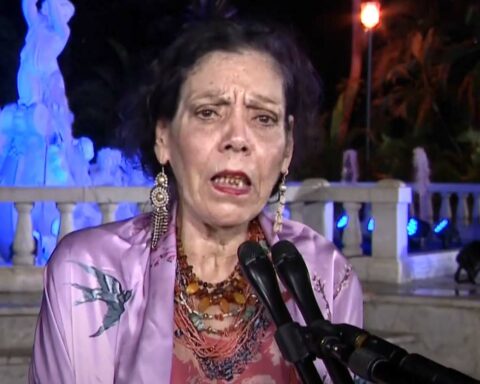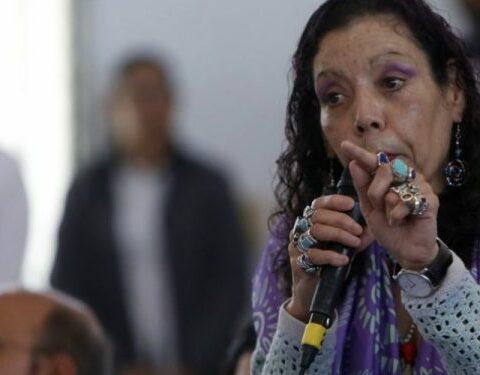Despite the fact that Nicaragua is enduring four years of sociopolitical and economic crisis, added to the two years of the covid-19 pandemic, the regime of Daniel Ortega and Rosario Murillo ensures that 2021 closed with an unemployment rate of less than four percent . In other words, a little more than 96 percent of Nicaraguans would have a job.
According to the Continuous Household Survey (ECH) that published by the Nicaraguan Institute of Development Information (Inide)the unemployment rate fell to 3.7 percent in the fourth quarter of 2021, a reduction compared to the statistics for the same period in 2020, when it stood at 4.8 percent.
“At the national level, the net employment rate stood at 96.3 percent, showing an increase of 1.1 percentage points compared to the fourth quarter of 2020, when it stood at 95.2 percent,” states the Inide document.
These figures contrast with the reality of the thousands of Nicaraguans who have been forced to emigrate due to the lack of employment opportunities, caused by the repression of the Ortega regime.
“Who wants to separate from their family if this country is supposedly giving you full employment conditions, that (the figure) makes no sense. It is to date and there are no official figures on the poverty rate in Nicaragua to see if what is being done with respect to poverty is true, ”considered the economist Marco Aurelio Peña.
Related news: Nicaraguan GDP per capita amounted to 2,102.7 dollars in 2021
According to Inide data, until the last quarter of 2021, the disaggregation by sex at the national level indicates that the Net employment rate is higher in women than in men. “This was located at 96.5 percent for women and 96.2 percent for men,” says the document.
Unemployment rate generates distrust
For the economist, accessed by Article 66 recentlythe unemployment indicators presented by the INIDE is something “crazy” that only generates “mistrust”, and that occupational rate would correspond to a macroeconomy, which is when unemployment is not perceived in a country.
“In macroeconomics, when you have four percent unemployment, you can say with all property that unemployment does not exist in your country, that is, four percent is less than a margin of error of five, that is frictional unemployment, natural, which in macroeconomic theory means that voluntarily there are people who do not want to work or who are going through a process of: either they resigned or their employment contracts were terminated and they have to spend some time to relocate in the labor market, but that does not it is what happens in Nicaragua”, explained Peña.
Regarding underemployment, Inide maintains that in the fourth quarter of 2021, 43.7 percent of the employed population was in that employment condition, and according to the institution, this would correspond to a reduction of 2.7 percentage points in relation to the same quarter of the year 2020.
In the disaggregation by sex, according to the Inide, the rate of underemployment is higher in men than in women: 46.1 and 40.6 percent respectively.
Related news: Central Bank of Nicaragua retains Leonardo Torres among its directors
However, these indicators of underemployment show that more people, unable to find a quality job, opt for the rate of labor informality in the country. A person is in underemployment when they work less or more than the eight hours established by law, but receive low income and without their due social benefits.
“Not even in the worst moments of the economic recession during the last three years was an unemployment rate that exceeded 10 percent accepted, almost always, according to the government, the rate has remained close to six percent, that means that , according to them, in Nicaragua there is a situation of full employment and that is something completely crazy, in fact people are leaving the country for security and political reasons, but also for economic reasons because they already conclude that their country is no longer a suitable place for his project of human fulfillment”, concluded the economist.







